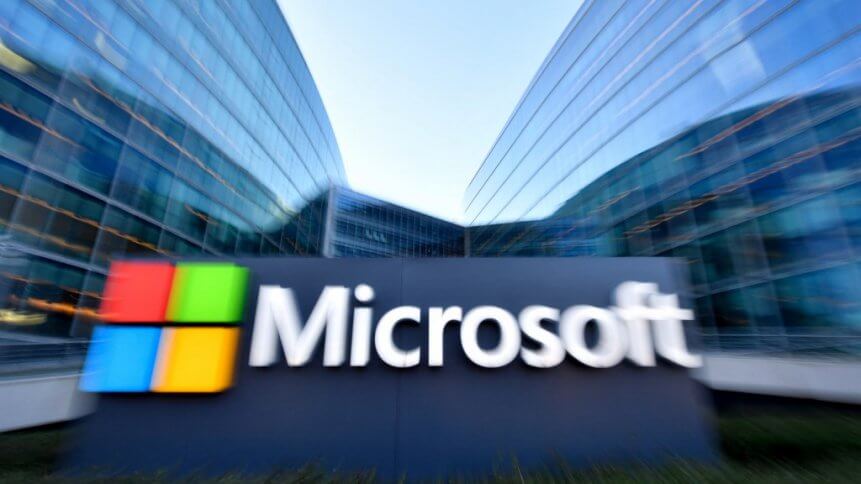Microsoft flexes speech recognition muscle with US$19.7B Nuance acquisition

Microsoft has agreed terms to purchase leading speech recognition software maker Nuance Communications for US$19.7 billion. The acquisition is expected to grow Microsoft’s presence in the rapidly-blooming speech to text software space.
The company announced the new deal in a blog post, and said that the goal was to grow its market share in the healthcare vertical, where Nuance has been making a name for itself in recent times with powerful speech recognition tools like Dragon Ambient eXperience, Dragon Medical One, and the PowerScribe One dictation tool that is used for radiology reporting.
Microsoft expects the deal to close in calendar year 2021, subject to approval by Nuance’s shareholders, regulatory approvals and other closing conditions. “Today’s acquisition announcement represents the latest step in Microsoft’s industry-specific cloud strategy,” the company wrote.
The buyout also builds on several integrations and partnerships the two companies have made in the last couple of years – like most of Nuance healthcare applications being built on Microsoft’s Azure cloud platform.
Nuance has grown a lot since debuting in 2000, starting out in the speech recognition sector with Dragon Dictate, a speech recognition software it purchased from Lernout Hauspie in 2001 and actually has roots all the way back to the 1990s.
Speech recognition along with conversational AI chatbots and natural language processing (NLP) are all part of the Nuance stable of products, in a variety of verticals but particularly in the healthcare sphere in recent years. The firm with 6,000 employees spread across 27 countries currently has in excess of 10,000 healthcare customers including AthenaHealth, Johns Hopkins, and Mass General Brigham – the company says its solutions are used by more than 55% of physicians and 75% of radiologists in the U.S., and used in over a third of US hospitals currently.
The client base is the primary reason Microsoft is dishing out for the speech recognition pioneer, despite having a number of AI-driven speech-to-text products of its own in its Windows OS and the voice-based virtual assistant, Cortana. Cortana was eventually merged with other Microsoft productivity apps, after it failed to make a dent in the consumer voice assistant market – losing out to Amazon’s Alexa and Google Assistant.
Once the deal has been confirmed, Nuance will be Microsoft’s largest acquisition in history behind only the purchase of LinkedIn in 2016 for US$26.2 billion. In addition to its products and services for healthcare, Nuance sells products across interactive voice response (IVR), virtual assistants, and digital and biometric solutions.
Microsoft says the deal will accelerate its ability to provide cloud-based solutions specifically to the healthcare industry. “Nuance provides the AI layer at the healthcare point of delivery and is a pioneer in the real-world application of enterprise AI,” Microsoft CEO Satya Nadella said in a statement. “AI is technology’s most important priority, and healthcare is its most urgent application.”
Tune in to the Tech Means Business podcast to learn more about Nuance Communications’ omnichannel communications platforms with Nuance’s speech recognition and conversation tech to create conversational AI. With conversational AI, companies can create automated and highly experiential interactions between organizations and humans, using smart AI to interpret calls and messages and creating exceptional customer experiences.









